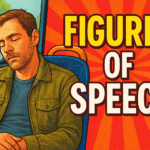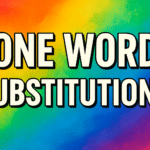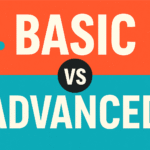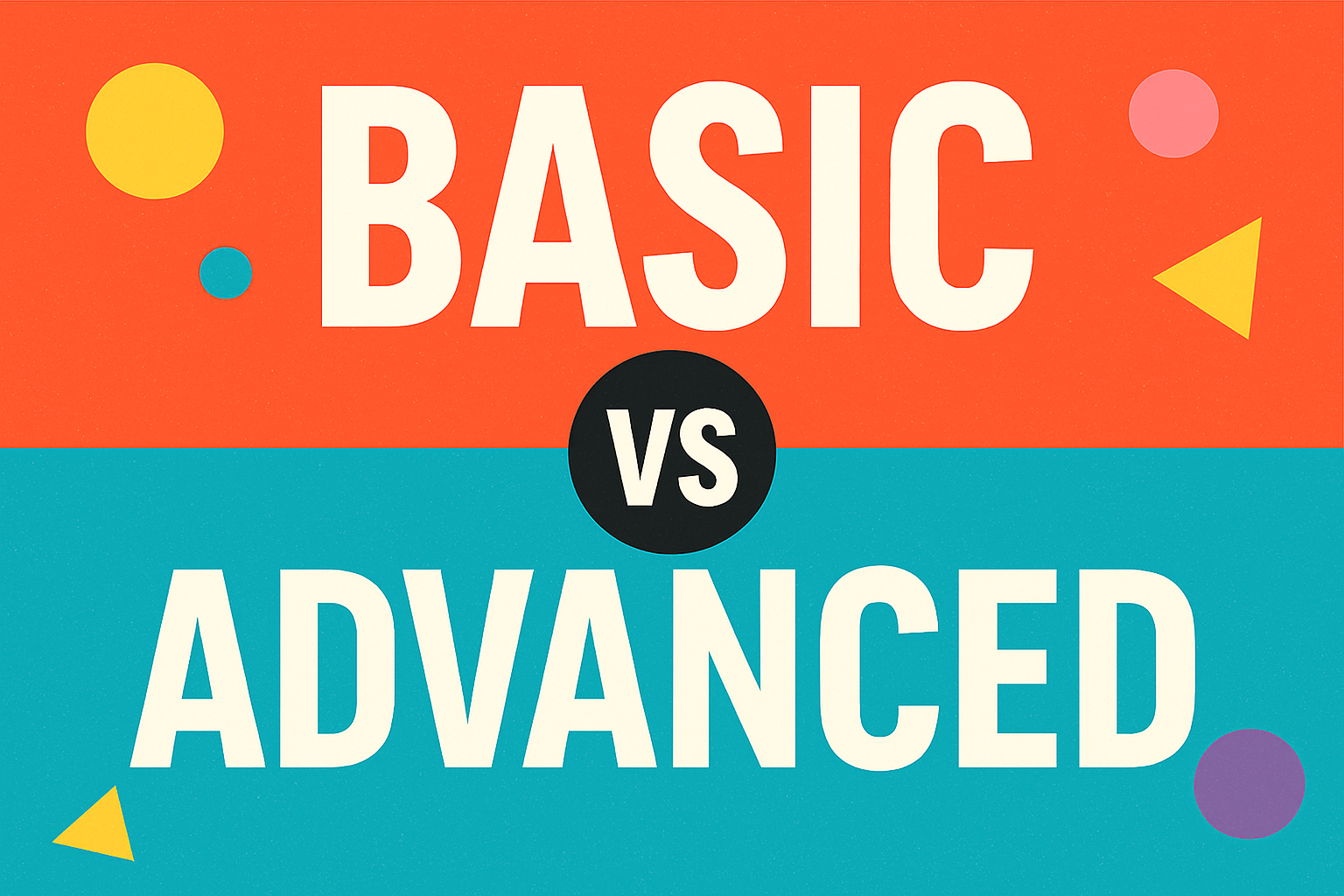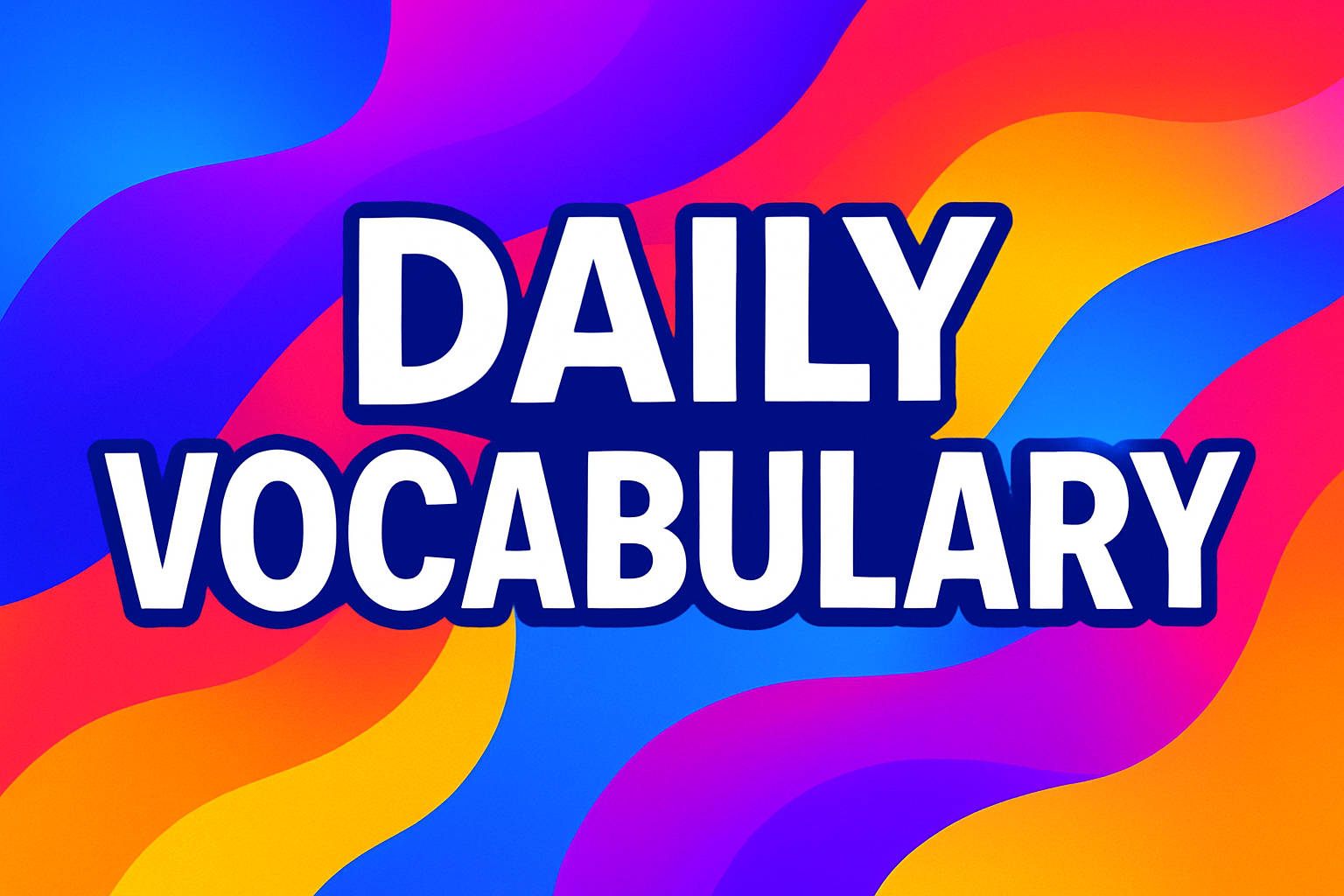What’s the Difference?
Basic English sentences are short, simple, and use everyday words. They’re great for quick chats or when you’re learning the language. Think of them as the building blocks of communication—easy to understand but not always super expressive.
Advanced English sentences are more polished. They use fancier words, complex grammar, or extra details to sound sophisticated, formal, or creative. They’re perfect for impressing someone, writing essays, or adding flair to your speech.
Examples of Basic vs. Advanced Sentences
Here’s how you can take a basic sentence and make it advanced, with a quick note on what changes:
- Talking About Food:
- Basic: The food is good.
- Advanced: The dish is absolutely delectable and bursting with flavor.
- What’s different? “Delectable” and “bursting with flavor” are more vivid words, and the sentence feels more enthusiastic.
- Describing Weather:
- Basic: It’s cold today.
- Advanced: The weather today is brisk, with a chilly breeze sweeping through.
- What’s different? “Brisk” and “chilly breeze” add specificity, and the added clause makes it more descriptive.
- Asking for Help:
- Basic: Can you help me?
- Advanced: Could you kindly lend me a hand with this task?
- What’s different? “Kindly” and “lend me a hand” are more polite, and “with this task” adds context.
- Talking About Time:
- Basic: I’m busy now.
- Advanced: I’m currently swamped with a myriad of responsibilities.
- What’s different? “Swamped” and “myriad of responsibilities” sound more intense and formal, showing a higher level of expression.
- Describing a Place:
- Basic: The park is nice.
- Advanced: The park is a serene oasis, teeming with vibrant greenery.
- What’s different? “Serene oasis” and “teeming with vibrant greenery” paint a richer picture with stronger vocabulary.
How to Go from Basic to Advanced
- Swap Simple Words for Stronger Ones:
- Instead of “big,” say “enormous” or “immense.”
- Instead of “sad,” try “heartbroken” or “melancholy.”
- Add Details or Clauses:
- Basic: “I like coffee.” Advanced: “I thoroughly enjoy sipping a steaming cup of coffee in the morning.”
- Adding “thoroughly” and “sipping a steaming cup… in the morning” makes it more interesting.
- Play with Sentence Structure:
- Mix in phrases like “although,” “because,” or “which.” Example:
- Basic: “She’s tired.” Advanced: “Although she’s exhausted from work, she still smiles.”
- Mix in phrases like “although,” “because,” or “which.” Example:
- Use Idioms or Expressions (sparingly):
- Basic: “It’s easy.” Advanced: “It’s a piece of cake.” This adds a conversational, native-like vibe.
When to Use Each
- Basic: Use when you’re chatting casually, teaching someone, or need to be super clear. Example: “I’m hungry” works anywhere.
- Advanced: Use for job interviews, essays, or when you want to sound smart or creative. Example: “I’m famished and craving a hearty meal” fits a formal or expressive context.

